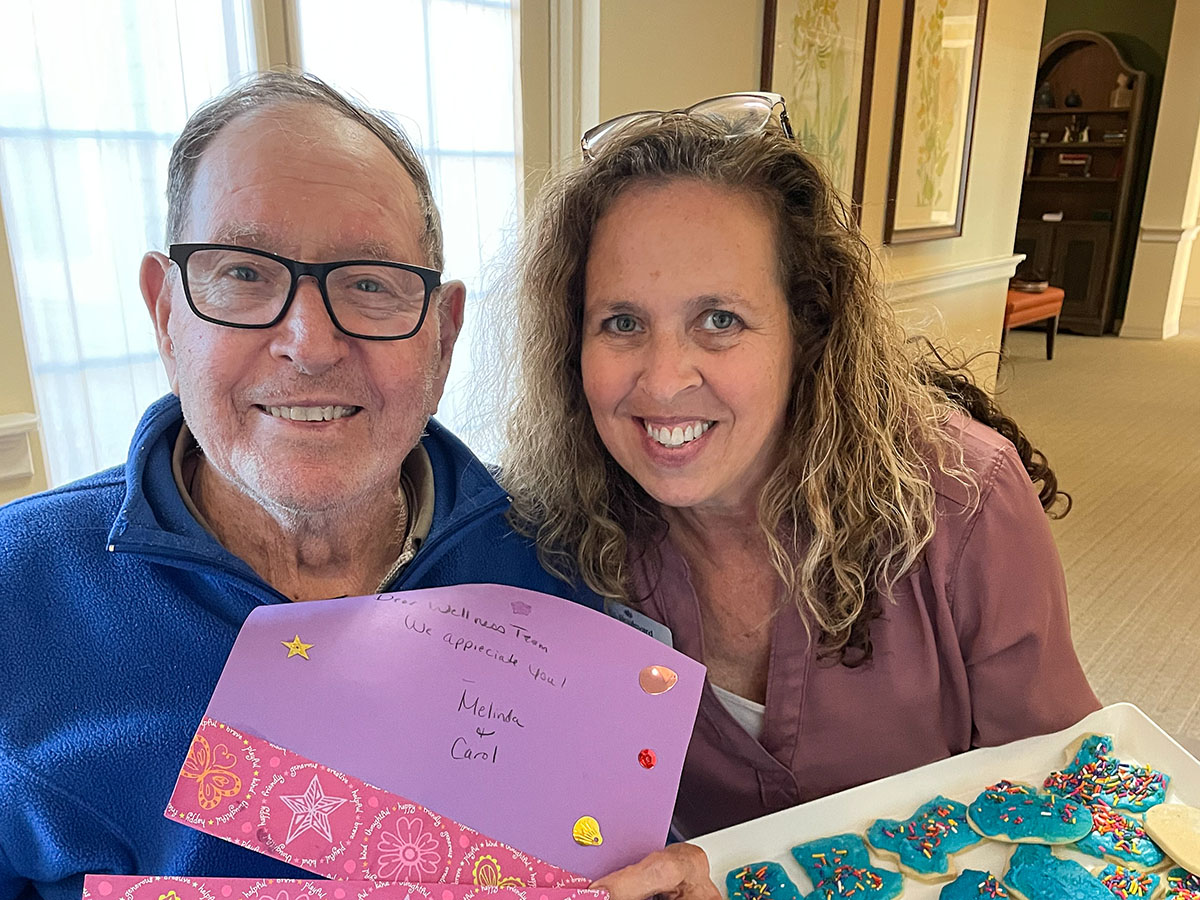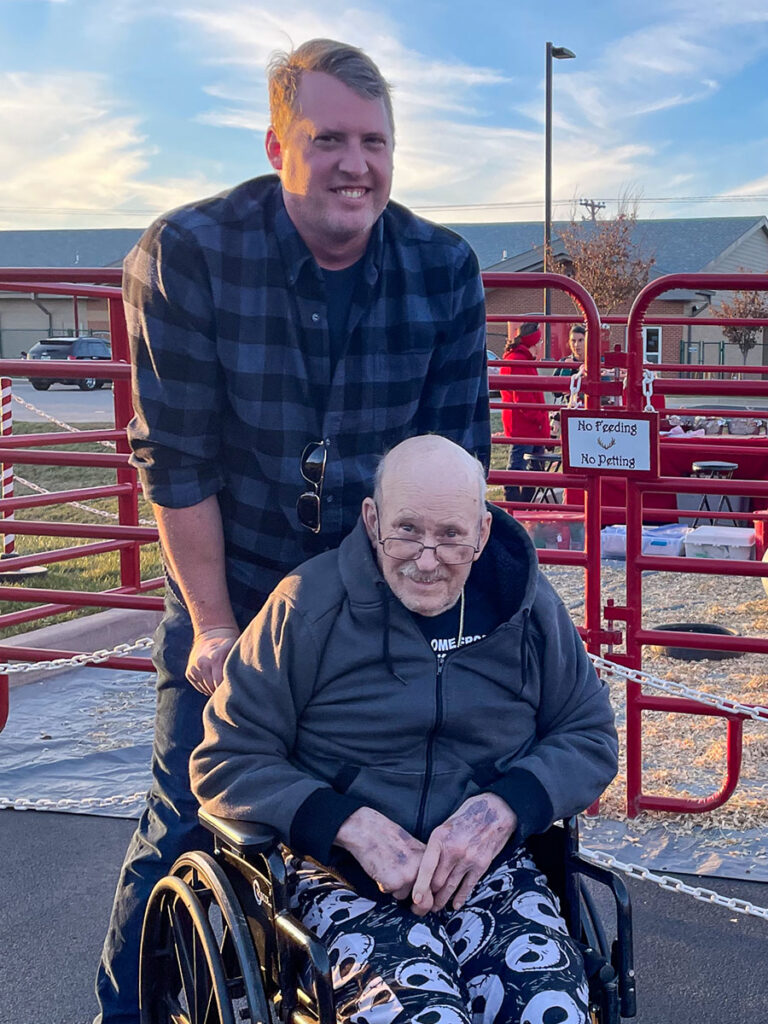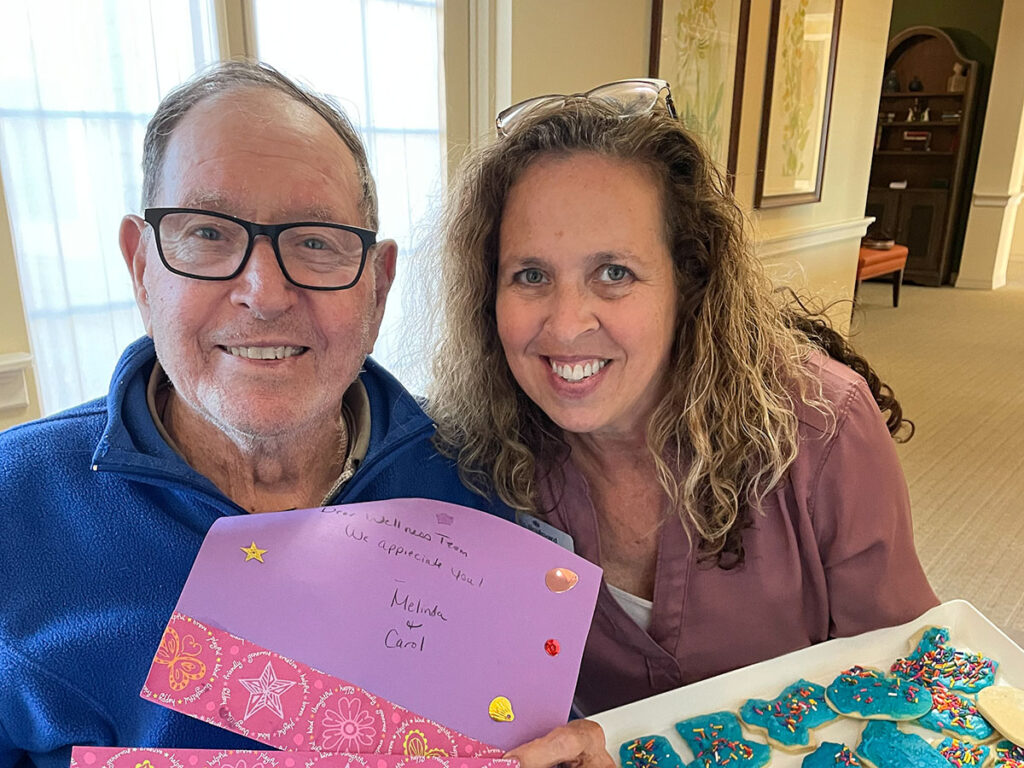
February 23, 2024
As the global population ages, it will bring both opportunities and challenges for senior living. The projected number of Americans aged 65 and older is expected to double from 46 million to over 98 million by 2060. It will be the first time in history the number of older adults outnumbers children under age five. In addition, older adults will live longer than ever before. One out of every four 65-year-olds today will live past age 90. These remarkable gains are due to improved public health, better nutrition, and better healthcare.

With many people now expected to live into their nineties or beyond, there will be many new challenges and questions to answer. Even though people are living longer, they are not necessarily living healthier. The nature of the assisted living prospect has changed dramatically over the past 15 years, with even greater changes to come. The senior living industry, including The Boulevard Senior Living – Wentzville, will need to consider ways to adapt to residents with more complex and extended chronic care needs.
Some ways to adapt to residents with more complex needs include additional staff training. Not only will staff need the skills to care for residents progressing in their disease processes, but they will also need to understand how to quickly identify changes in their condition. Being proactive in this effort will allow teams to provide the care the residents need precisely when they need it.
Third-party vendors will be crucial to helping our assisted living staff be proactive.
The following will be crucial for caring for a resident population:
These vendors provide resident-specific care needed to help older adults continue to thrive in the assisted living environment.
Some strategies that will help us adapt to the aging population with more complex and extended chronic care issues include fostering collaboration between primary care providers, specialists, and community-based organizations to ensure seamless care coordination. Also, educating staff on the importance of early detection, self-management, and adherence to treatment plans is vital. Finally, continuing to embrace technology solutions to identify potential health issues early and optimize care plans is an excellent strategy.
We can prepare and educate our staff to care for a population with greater needs, particularly in an aging population with complex chronic conditions. This involves training, ongoing education, and a commitment to a person-centered approach. Some strategies to consider are geriatric training programs.
Additionally, person-centered care training and communication skills are essential. Technology competency is becoming increasingly crucial in healthcare. Continuous professional development is necessary to keep pace with evolving practices. Using staff feedback to drive quality improvement initiatives can enhance the quality of care provided.

It is more important than ever to take a proactive approach when a change in condition occurs with a resident. To ensure our teams recognize even small changes within residents, we must provide regular training and education. We should use standardized assessment tools and establish baseline assessments. Utilizing technology for monitoring is essential. We need to create family and resident engagement, encourage critical thinking, and develop proper documentation and timely reporting. Finally, it’s crucial to follow up with regular in-service education.
Once a change is identified, the appropriate next steps are to:
These are some steps the team can take to respond to changes in a resident’s condition effectively. To ensure timely and appropriate interventions to maintain or improve the resident’s well-being.
Caring for a sicker population in an assisted living setting is a challenging issue that requires a multifaceted approach. Aging in place is an important goal for an older adult and should also be a priority of the senior living industry. To meet this goal, we must ensure we can fulfill the needs of our aging residents.
The Boulevard Senior Living of Wentzville in Wentzville, MO offers independent senior apartments, assisted living, and memory care with a variety of services and a range of floor plan options. Amenities include restaurant dining, 24-hour bistro, concierge service, housekeeping, events and entertainment, personal care, transportation services, and more. Centrally located near SSM Lake St. Louis Hospital with convenient access to major shopping centers, including Bear Creek Golf Club, Wentzville Bluffs Shopping Center, Wentzville B&B Movie Theater, Quail Ridge Park, Wentzville Flea Market, and The Meadows at Lake St. Louis.
Schedule your tour of The Boulevard Wentzville today
Join The Boulevard Wentzville team